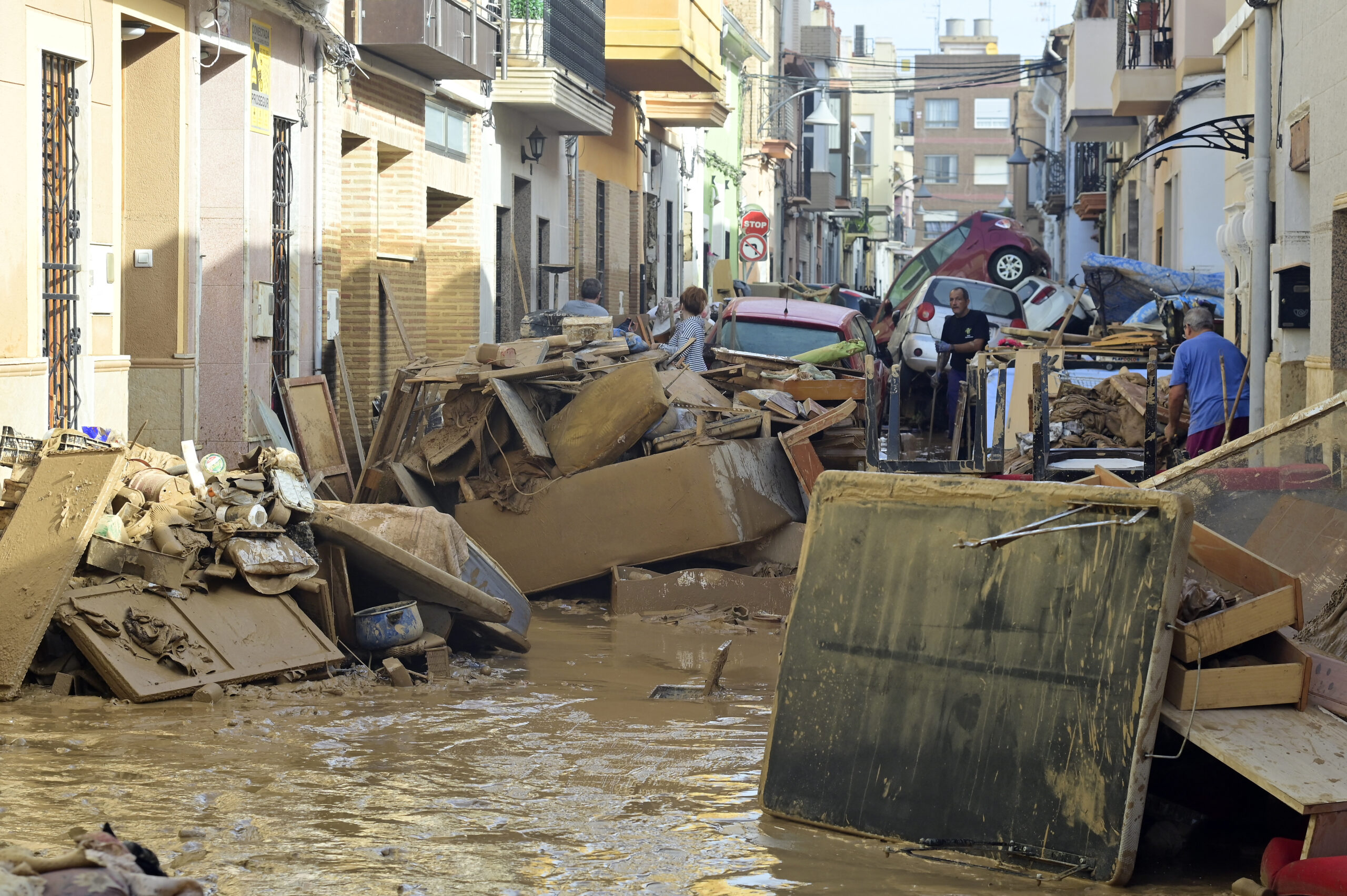Brussels – The hottest year ever, in which, on average, the warming limit of 1.5°C was exceeded for the first time compared to the pre-industrial era. No surprises here: the European Union’s Copernicus Climate Change Service (C3S) has confirmed with final data what was anticipated at the end of last year: since measurements began in 1850, 2024 has been the year of record warmth, with a 1.6°C increase over the limits set in 2015 by the Paris Climate Agreements. According to the EU Satellite Service report, the average temperature over the past two years is also above the set bar compared to the pre-industrial era before the massive use of coal, oil, and fossil gas profoundly affected the Earth’s climate. The long-term goal set out nearly a decade ago in Paris, however, is to contain global average temperature rise below the 2 °C threshold above pre-industrial levels, a scenario that would risk irreversible consequences for the planet’s balance. We are not there yet, but “global temperatures are rising more than modern humans have ever experienced.” In fact, according to scientists, climate warming has been unprecedented in the past 120,000 years.
However, limiting global warming to 1.5°C instead of 2°C would significantly reduce its most catastrophic consequences, as pointed out by the IPCC, the climate expert body mandated by the United Nations. Samantha Burgess, deputy director of C3S at Copernicus, recalled that “these high global temperatures, combined with record levels of global atmospheric water vapour in 2024, have resulted in unprecedented heat waves and heavy rainfall, causing misery for millions of people.”

In 2024, the annual average of surface temperatures, excluding the polar regions, reached the unprecedented level of 20.87 °C, breaking the 2023 record. The material consequences are there for all to see: floods in Valencia, Emilia Romagna, and the Balkans, historic floods in West and Central Africa, violent hurricanes in the United States and the Caribbean, and these days, the “most devastating fires” in the history of California, in Los Angeles. Natural disasters that, from an economic perspective, would have caused $320 billion in losses worldwide, according to German reinsurance company Munich Re. The former EU Commissioner for Crisis Management, Janez Lenarčič, already last year had denounced the 400 per cent increase in just two years of requests for activation of the EU Civil Protection Mechanism to deal with climate emergencies.
The oceans, which absorb 90 per cent of the excess heat produced by humanity, also continue to overheat. In addition to the immediate impacts on corals and fish, constant overheating of the Earth’s primary climate regulator affects marine and atmospheric currents. Warmer seas release more water vapour into the atmosphere, providing additional energy for typhoons, hurricanes or storms. According to Copernicus surveys, the level of water vapour in the atmosphere reached a record high in 2024, about 5 per cent higher than the 1991-2020 average.

“Once again, the scientific community has reaffirmed what most of us already knew: it has been a literal hell of a year,” commentated Ian Duff, head of Greenpeace’s international “Stop Drilling Start Paying” campaign, accusing big oil and gas companies that “hoard absurd profits while continuing to fuel the climate and environmental crisis.” Ahead is a year that begins with the alarm from the British Meteorological Office: it will likely be one of the three hottest years ever recorded on the planet. Moreover, in a few days, it will see the return to the White House of Donald Trump, one of the staunchest opponents of the Paris Agreement, who already, during his previous term, threatened to abandon the commitments made by the second Obama administration. On this side of the ocean is a European Union that promises to deliver on climate commitments but whose Green Deal is increasingly being taken by storm. 2025 will also be the year when countries must announce their new climate roadmaps, updated every five years as part of the Paris Agreement.
English version by the Translation Service of Withub







